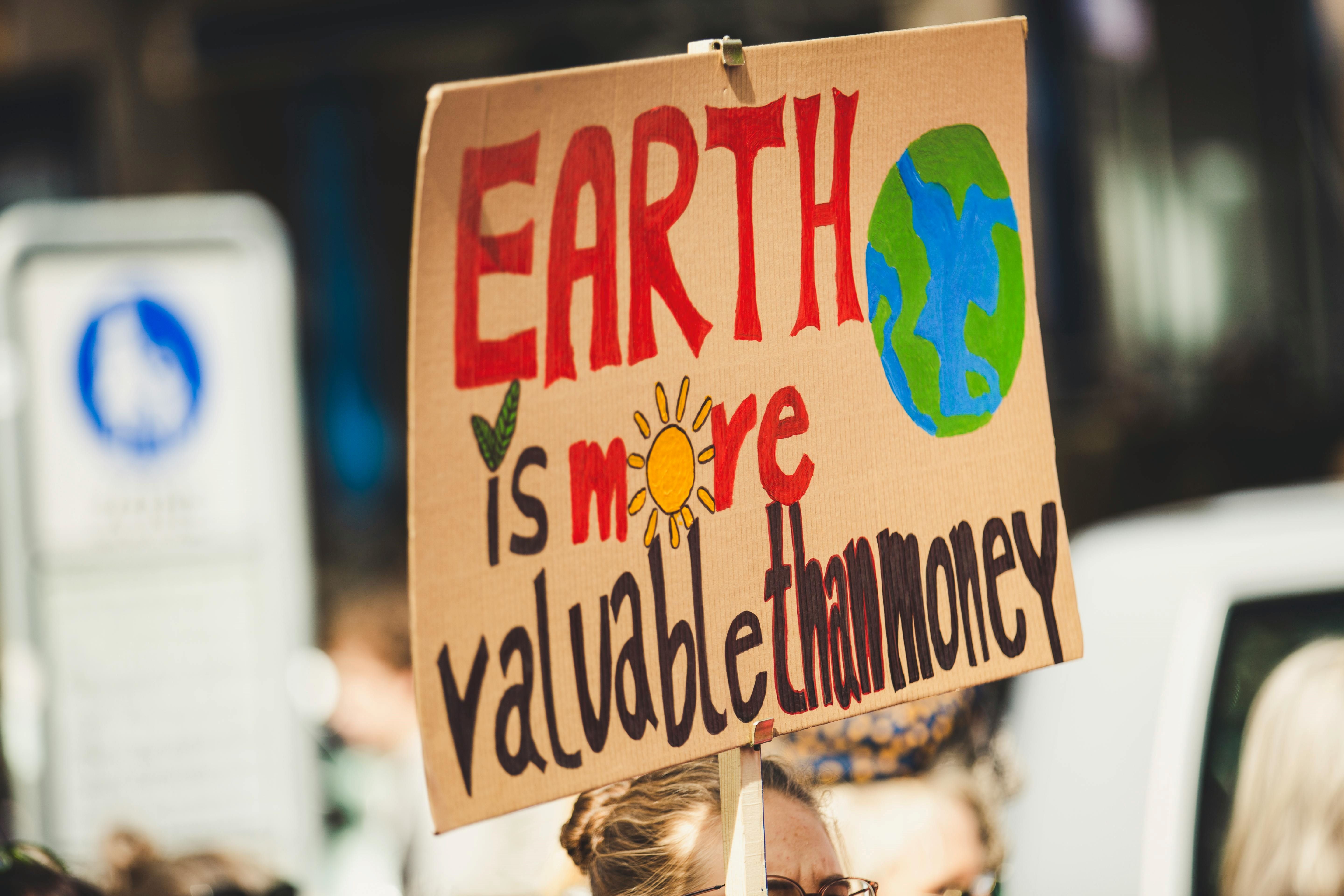Oracle Share Price Analysis: Bearish Phase, Valuation Signals and Bullish Reversal Outlook
$154.97
04 Feb 2026, 11:45

Pexels.com

China’s rapid growth in green energy and electric vehicles (EVs) has raised hopes that the country’s carbon dioxide emissions, the highest in the world, may peak by 2025. However, experts remain divided on whether Beijing’s progress is sufficient to meet global climate targets. While China has made significant strides, challenges such as carbon intensity reduction and economic reliance on high-tech manufacturing pose ongoing hurdles with implications for global markets and climate initiatives.
1. Progress in Green Energy and Electric Vehicles
China’s renewable energy and EV sectors have expanded at an unprecedented rate:
These developments have stabilised emissions in 2024, marking a turning point in the country’s decarbonisation efforts.
2. Challenges to Emissions Reduction
Despite progress, China faces significant barriers to achieving its climate goals:
Lauri Myllyvirta, an analyst at the Centre for Research on Energy and Clean Air (Crea), highlighted the need for faster renewable energy deployment or a shift to less carbon-intensive economic models.
3. Impact of Global Politics
The return of Donald Trump to the US presidency has created uncertainty in international climate efforts:
China’s next steps, including its emissions trajectory for 2030–2035 under the Paris Agreement, will be critical in defining global climate action.
4. Economic and Market Implications
China’s green transition and its broader climate policies have significant implications for global markets:
5. Future Outlook
China’s dual goals of peaking emissions by 2030 and achieving net zero by 2060 remain central to its climate strategy. While flat emissions in 2024 indicate progress, achieving long-term targets will require:
Conclusion: Cautious Optimism with Global Stakes
China’s progress in green energy and electric vehicles provides a promising outlook for emissions stabilisation, but significant challenges remain. As the world’s largest emitter, China’s actions will have profound implications for global markets, climate policy, and international cooperation. While optimism builds, the path ahead requires bold commitments and transformative economic changes to ensure a sustainable future.
Source: (FT.com)